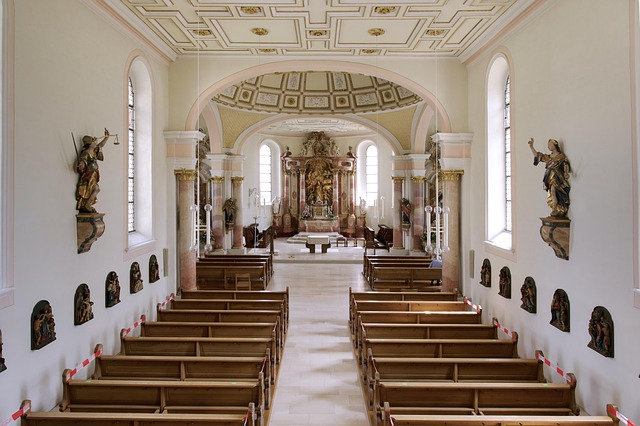When exploring the rich tapestry of Christian rituals, one cannot help but feel the profound connection between faith and tradition that has transcended generations. Rituals in Christianity serve as more than just symbolic acts; they are powerful expressions of the beliefs and values foundational to the religion. These sacred practices invite believers into a deeper relationship with God and foster a sense of community among members of the faith.
Consider, for instance, the ritual of baptism—a cornerstone of Christian practice. This rite of passage symbolizes the washing away of sins and the initiation into a life of faith. In many communities, witnessing a baptism can evoke powerful emotions, as families and friends gather to support a new believer in their journey. The water, whether in a river, a church font, or a baptismal pool, represents not just physical cleansing but spiritual rebirth. For many, it’s a moment that signifies the start of a transformative journey, igniting feelings of hope and renewal.
Another essential ritual within the Christian tradition is the Eucharist or Communion. This practice is a profound remembrance of the Last Supper, where Christians partake in bread and wine, which symbolize the body and blood of Christ. The experience is deeply communal, drawing believers together in a shared remembrance of Christ’s sacrifice. As congregants partake in this holy meal, a sense of unity and grace envelops the space, reinforcing the interconnectedness of faith among attendees.
Throughout the Christian calendar, different seasons introduce unique rituals that further enhance the spiritual experience. Advent, for example, is filled with anticipation and preparation for the coming of Christ. Candles are lit, prayers are offered, and expectations grow, creating an atmosphere rich with hope and expectancy. The symbolism of waiting resonates deeply with believers, reminding them of the importance of reflection and preparation in their spiritual lives.
During Lent, Christians engage in various practices to prepare for Easter—a time of reflection, sacrifice, and penance. The act of giving something up during Lent, whether it be a favorite food or an indulgent habit, promotes self-discipline and a deepened awareness of one’s spiritual journey. Many find that through these rituals, they encounter God in unexpected ways, leading to personal growth and a renewed commitment to their faith.
Rituals do not simply exist in the worship setting; they weave through various aspects of daily life, offering a rhythm to the believer’s journey. From daily prayers to seasons of fasting and feasting, these rituals create sacred spaces and moments that invite individuals to experience God’s presence continually. In essence, they act as a reminder of the divine in the routine, transforming mundane activities into acts of worship.
In recognizing the significance of these rituals within the Christian faith, we allow ourselves to embrace the depth and beauty they offer. They serve as landmarks in our spiritual journey, guiding us through the complexities of life and faith. Engaging in these time-honored traditions not only enriches the individual believer’s experience but also strengthens the community, fostering a shared sense of belonging and purpose in a world that often feels divided.




